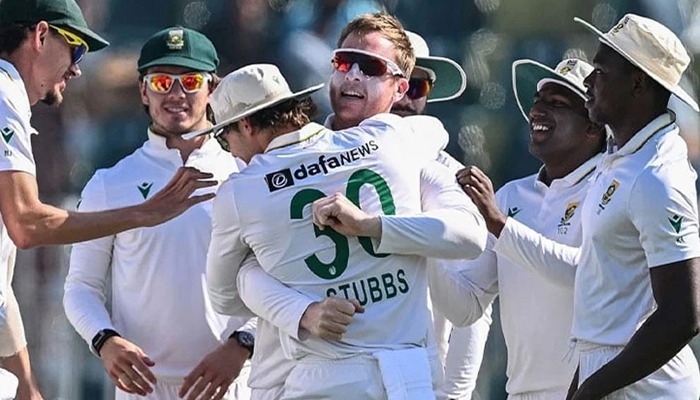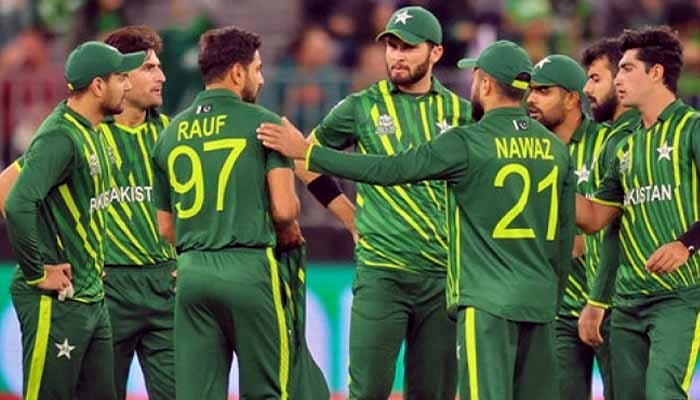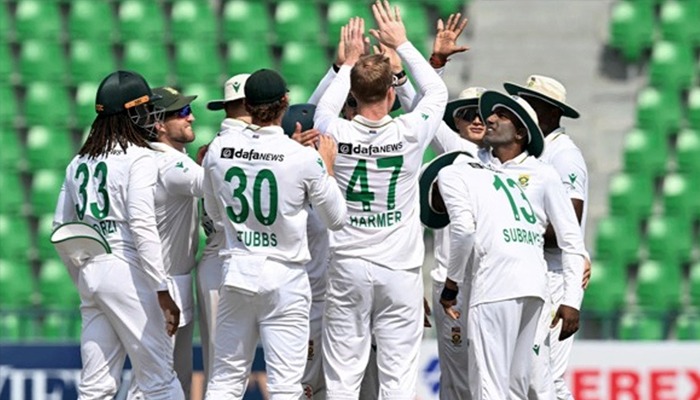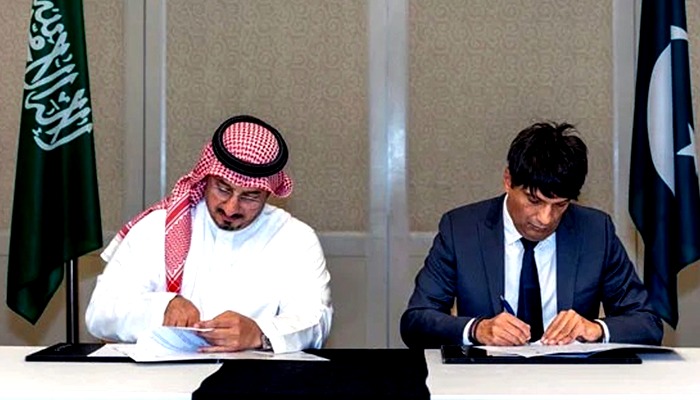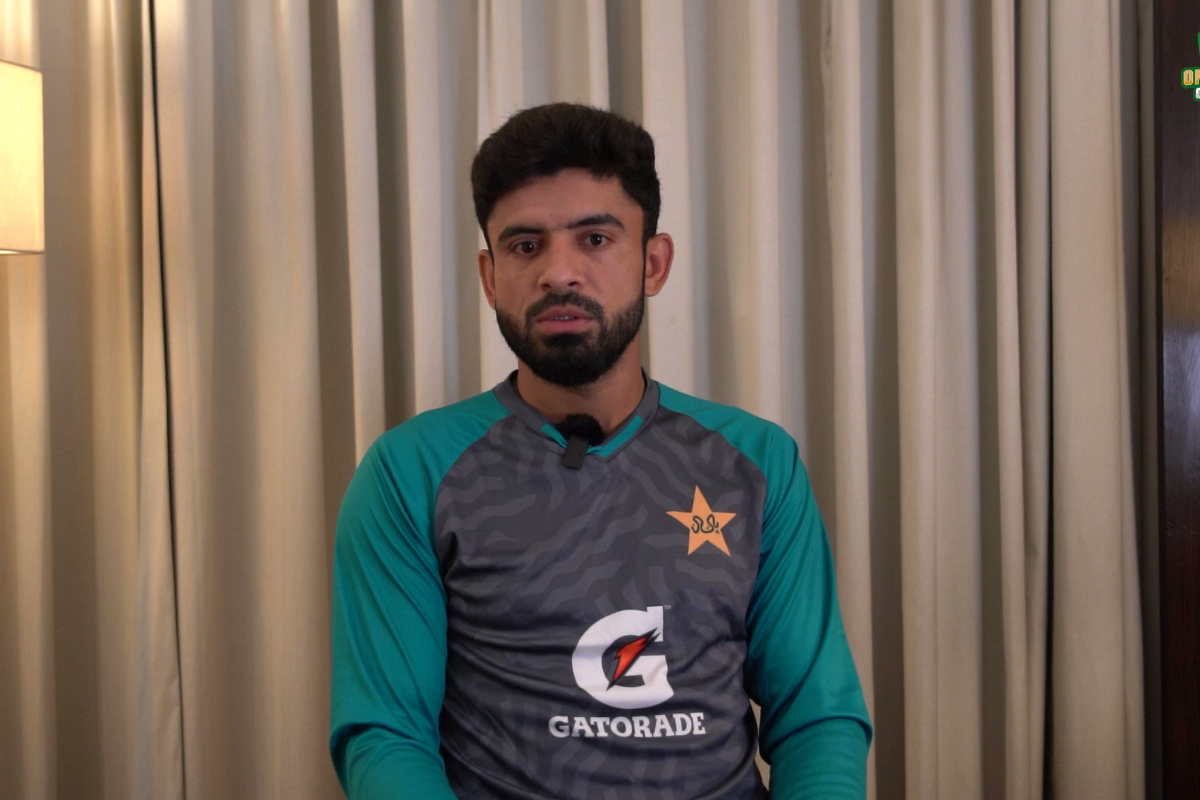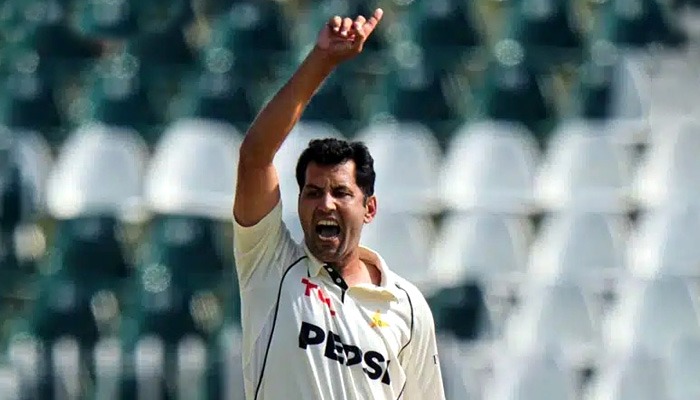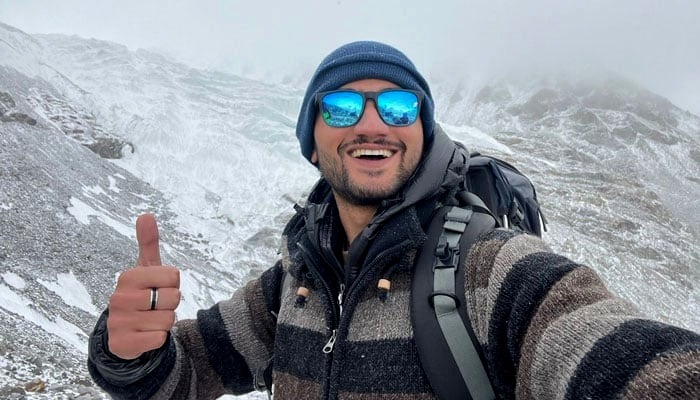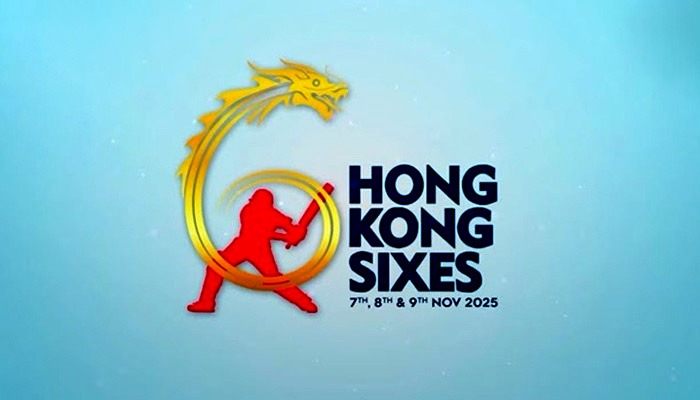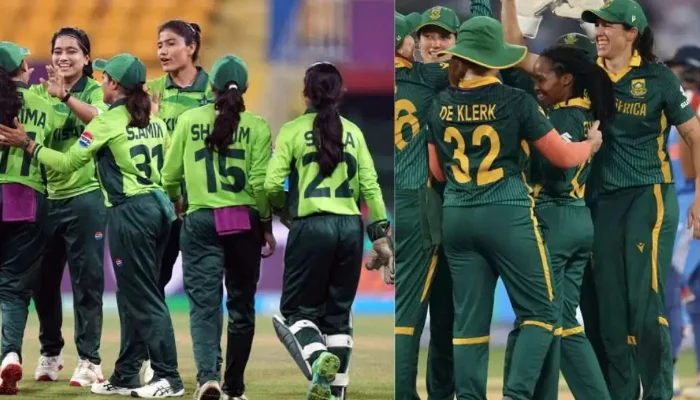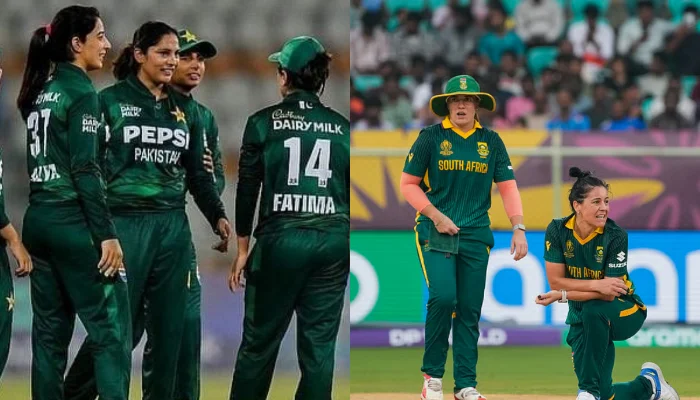- 2022 FIFA World Cup has interrupted regular programming in Paris.
- Central Paris is bracing for France’s semifinal match against Morocco.
- Gerald Darmanin declared that the city will mobilize 10,000 police personnel.
Paris in January is wonderful.
Christmas markets and ice rinks bring crowds, and crepe stands provide tongue hugs. Millions of people visit the city of love over the holiday season.
2022 FIFA World Cup has interrupted regular programming. Central Paris is bracing for France’s semifinal match against Morocco.
The French interior minister, Gerald Darmanin, declared that the city will mobilize 10,000 police personnel — half of them committed to securing the Champs Elysees.
The extreme measures are in response to occurrences after Morocco’s World Cup quarterfinal triumph over Portugal.
Many significant cities throughout the world erupted in spontaneous festivities.
French Montana led an impromptu party in Times Square. North African flags, emerald smoke bombs, music, and dance filled Montreal’s Jean-Talon Street. As usual, World Cup fans ended their nights in Doha’s Souq Waqif.
Paris’ party was awful. Police battled with 20,000 supporters on the Champs Elysees. The French interior ministry said tear gas was used and 100 individuals were arrested.
In France, this has become an uncomfortable habit whenever a North African national football team plays a big match in a notable international competition, leading many to question why tensions are worse in Paris and other
Western European cities than elsewhere.
Qatar University professor and novelist Mahfoud Amara blames heavy-handed officials.
“The security system in France and Belgium reacts to Maghreb fans enjoying a football match as a security danger,” Amara told Al Jazeera. “They presume big numbers mean problems. They must be kept out of city centers. That instinct to limit celebrations might cause stress.
French-Moroccan artist Sarah attended the degenerate downtown Paris celebrations.
“Initially, everything was friendly and joyful,” she said.
All were excited. Young adults, families, and children were present. I was alone with my camera yet felt safe. Then police gassed us. People helped a woman who fell. Chaos.”
Before the game, the Paris Police Prefecture announced it was “implementing a security posture to fight criminality and protect people and property in Paris.”
Sarah didn’t observe any skirmishes after Morocco beat Spain in the World Cup round of 16 a few days before.
French public authorities, and Darmanin in particular, were criticized for crowd management at the UEFA Champions League final in May.
Kickoff was delayed 36 minutes because many spectators outside the Stade de France in Saint-Denis, a Parisian neighborhood, with tickets couldn’t get in.
Darmanin claimed that 35,000 to 40,000 fans without tickets or with counterfeit tickets were at the Stade de France.
Many journalists and fact-checkers contradicted that statement.
Darmanin declined to apologize for anything save “the disproportionate deployment of tear gas” and added “if anything went wrong at the Stade de France, it was the fight against delinquency.”
That ignored accusations about crowd control at public transit stations and pepper spraying supporters.
French legal expert and PhD candidate Rim-Sarah Alouane says police organizations fail to protect the public.
Many accounts indicate French police racial profiling. Some populations view French cops as a menace. Alouane told Al Jazeera there is no trust.
Visible minority searches are widespread in working-class neighborhoods in France. Many young French people of North African heritage view police as adversaries.
The French government has made some efforts to eliminate racial prejudice by the police, such as creating a website for citizen input, but critics argue these initiatives are insufficient.
Yassine, a 30-year-old Algerian fan, also went to the Champs Elysees but was a passive observer. When he observed the tension, he went home.
“My belief is that some supporters feel fighting with police is symbolic retaliation for daily brutality. Police stops, discrimination, political speech against immigrants and Islam, etc.,” Yassine said.
Sarah hopes to celebrate with her countrymen if Morocco beats the world champions and advances to the final.
“I’ll go out. I know the risks, but they don’t compare to a possible win. I want to continue observing history and celebrating it with others.”
[embedpost slug=”how-to-watch-argentina-vs-croatia-semi-final-live-stream-fifa-world-cup-2022-semifinal”]












